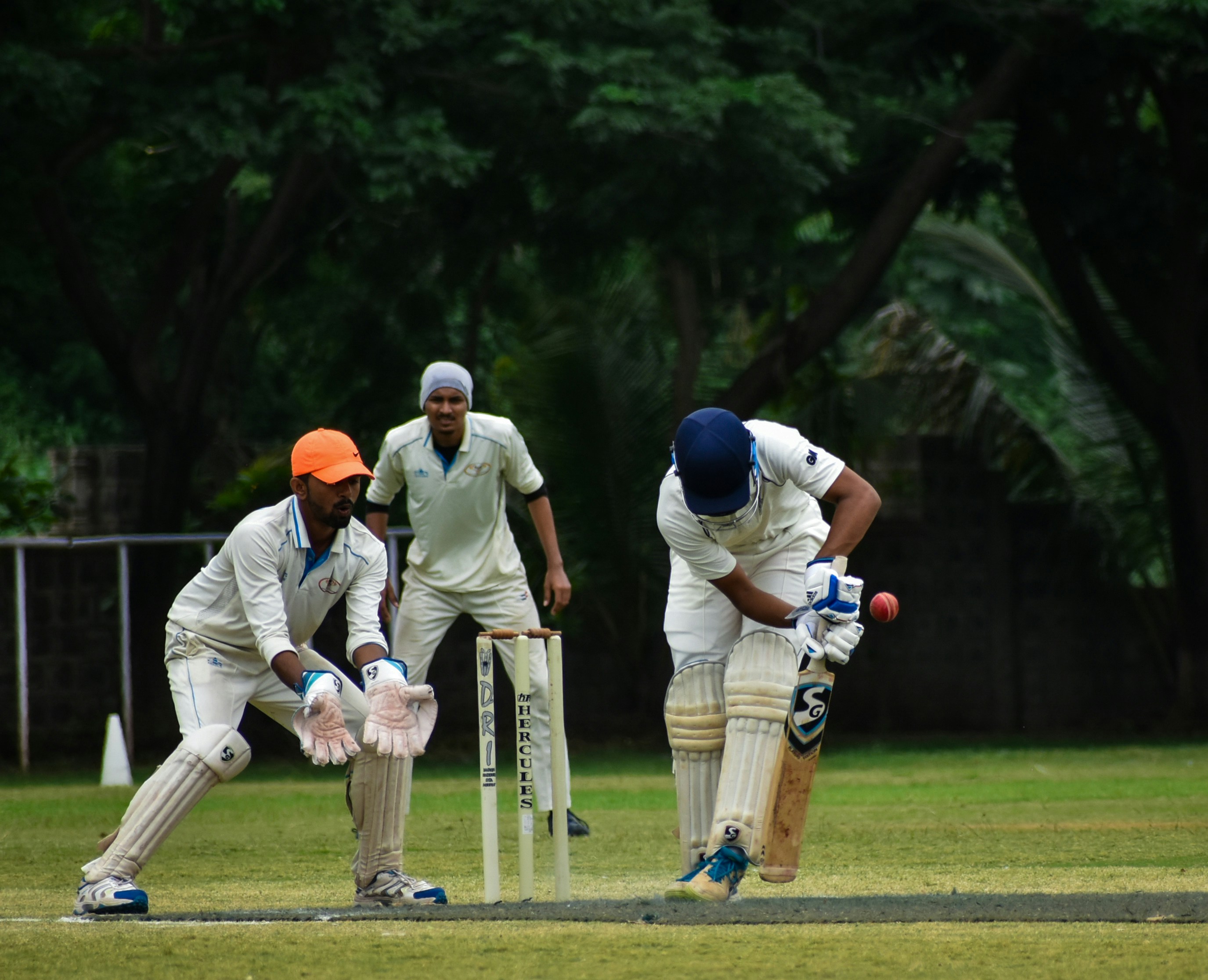
Book Name;
The Political Economy of NGOs: State Formation in Sri Lanka and Bangladesh
Author;
Jude L. Fernando
Please note that this article may contain affiliate links!!!
The emergence and influence of nongovernmental organizations (NGOs) in developing countries has always been considered both an asset as well as a liability. They existed throughout human history in one form or another. Before the 20th century, some good Samaritans helped their fellows in their capacity.
However, the first joint consortium or collaborating body in modern history was formed in 1910 when some 130 groups formed the Union of International Association, the first of its type before the First World War.
Also Read: Local Colors in High Color!
With the formation of the United Nations in 1945, the term nongovernmental organizations (NGOs) was introduced to distinguish private organizations from those of governmental ones (IGOs) like ASEAN, EU, or UN itself.
The book delves into the role of these nongovernmental organizations concerning the two South Asian countries of Sri Lanka and Bangladesh.
1. The first chapter is an introduction to the growth and development of NGOs in these two countries by using the prisms of postmodernism and post colonialism. The former believes that there is no hard and fixed truth and that all realities and phenomena are relativistic while the latter focuses on the effects and impacts of colonization on third-world countries by the developed colonial masters.
2. Broadly divided the pre-colonial Bengal social structure made almost none or very little space for any social and economic uplift of the trodden strata of society. Pre-colonial or pre-British Bengal was ruled by non-Bengali rulers who stringently shelved the society for their sociopolitical interests.
Though there existed a rich bourgeoisie Bengali trading class before its colonization by the British East India Company in 1757, the overall societal structure and economic condition of the common man was pathetic.
Also Read: The self-punching magalomania of powerfulness
Sri Lanka before falling to the British in 1798 was a monarchy ruled by a series of monarchs, starting with the formation of the kingdom of Tambapanni by Prince Vijay and ending with the last king of Sri Vikrama Singha of Nayak Kandy in 1815 when the British caught the whole of this land. The most glaring point of Sri Lanka is that it is considered to be a casteless or caste-blind society.
There is no religious background or foundation for this social stratification. They are said to be created by the ruling elites for their benefit. However, the Sri Lankan Tamils, Indian Tamils, and Sri Lankan Sinhalese are some major castes of the country.
The pre-colonial or pre-British civil society organizations in Sri Lanka were Dayaka Sabhas, Wew Sabhas, Maranadara Samiti, and Goyam Kaiya, to name a few. One point about Bangladeshi NGOs is that their analysis has been started in 1971 when it was seceded from Pakistan.
3. It is both unusual and interesting that a state like Sri Lanka which had a long history of traditional social welfare institutions and which is considered as a casteless society turned into a stratified and militarized one immediately after its independence from Britain in 1948.
Also Read: All about happiness!
The political elite of the country used every tactic to maneuver and gather different ethnicities and political parties around them to get into power. The Sri Lankan NGOs in this respect almost followed mainstream politics with a tacit view that political parties and the elite would benefit them.
4. The next chapter is on Bangladesh after its independence in 1971. In the beginning, the country was channelized and followed the principles of Mujibism, of the founder of the country Sheikh Mujib Ur Rahman. But later turned to Neo-liberalism relegating socialism, one of the four principles of Mujibism, for free market and economic growth in Bangladesh.
Also Read: Interlinking for an energetic future
Since both usually operate in the same polity and atmosphere for their betterment with varying degrees of approach, their tussle and friction are natural. The same issue persists in Bangladeshi society which has a major Muslim population having its codes and ethics find it hard to comply with foreign NGOs’ agendas.
5. President Dwight D. Eisenhower’s military-industrial complex (MIC) has now taken the shape of an NGO-industrial complex in the developing world. Where NGOs being considered to be the most effective factor of social change are funded by different donors both domestic and international ones to further their motives guided in the forms of social, political, and economic upturn of the society in question.
In a capitalist society, some spheres of life are left to these nongovernmental organizations to operate with for the betterment of individuals who in their course of action and change-bringing get too much influence in the social and political spectrum of these societies bringing them almost head-on head with the political government of that country.
The 352-page book is a comprehensive analysis of this NGO phenomenon which is dilemmatic as well as an asset when viewed from different angles.


